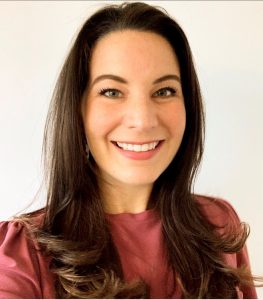
Please describe your role and responsibilities. How many years have you been in the company?
As Manager, Global Community Investment and Philanthropy at AstraZeneca, I sit within our Global Corporate Affairs team and support the delivery and growth of our Young Health Programme (YHP), disaster relief and humanitarian assistance, global non-profit giving and engagement as well as cross-sector partnership development. Most of my focus is on ensuring the success of the YHP, which is a core part of our sustainability ambition to make the most meaningful impact where society needs it – health.
YHP aims to address the growing global burden of non-communicable diseases (NCDs) such as heart disease, diabetes, cancers and respiratory diseases through primary prevention. It promotes education and awareness of the primary NCD risk factors to youth aged 10 to 24 living in underserved communities, so that they can make informed choices and protect their health in the future. Since its launch in 2010, the YHP has reached more than five million youth in dozens of countries – and we have big aims: to reach 10 million more young people, train 3,000 youth advocates, and change at least 12 laws/policies around the world between 2021 and 2025.
I joined the team back in September of 2020 and each day has been exciting, engaging and meaningful. It’s hard to have a bad day at the (virtual) office when you feel that the work you’re doing is truly making an impact.
What was your background previously and where did your interest in social impact begin?
My career has been more of a zig-zag than a dotted line. I think I took risks by following my passions, and those decisions ended up taking me on a path which brought me to exactly where I need to be.
In my early twenties, I took a career hiatus to travel the world (on a backpackers budget) and that cemented my desire to ensure that my work must always contribute positively to society. I ended up living in a few different countries involving a mix of study and work – the USA, Australia, Dubai, Italy – and am now happily settled in the Netherlands. These experiences have changed and shaped me into who I am today, and prepared me for a global role and the ability to work effectively with people of different cultures and customs.
Prior to joining AstraZeneca, I was responsible for business development and partnerships at Allergy Standards, an international certification company which tests and certifies consumer products for their ability to be asthma and allergy friendly. The link between air quality and health, with the responsibility of manufacturers to create healthy products while at the same time informing consumers about the importance of air quality – was something intriguing to me.
Over the past few years, I also served as Advisor and Co-Director at LEAP (Leadership & Executive Acceleration Program), a non-profit women’s leadership development program supported by the Irish Government which prepares mid-career professional women to get to the next level in their careers. LEAP has a unique social impact component where the participants are paired with local non-profits to help them solve a business challenge. We were subsequently recognized by One Young World (OYW) for our contribution to the SDGs, and had a measurable 1:24 social return on impact (SROI). The intersection of my work in the non-profit/youth leadership space with healthcare/behavioural interventions led to my selection as an AstraZeneca Scholar to attend the OYW Summit, and ultimately to my recruitment in the role I am in today.
What are the challenges you encounter in driving your social impact agenda and how do you stay inspired?
One challenge is around keeping our work visible in a world full of distractions. There is a lot on people’s minds today – understandably – and unfortunately a lot of added stress due to the pandemic. It can be difficult to capture the attention of our audience when there are so many competing priorities.
But at the same time, because of the pandemic, the YHP and non-profit giving is more critical than ever. Young people are impacted by the pandemic in a number of ways – their physical health, mental health, ability to continue their educations and finding work during lockdown, and so our attention focused to supporting our non-profit partners and programme delivery partners to ensure that they had the funding and flexibility to continue their work. It was incredibly inspiring to see them come up with new, innovative adaptations to their activities (which are traditionally face-to-face) and implement digital tools to reach even more young people.
Please give an example of how the B4SI Framework (or its tools and additional services) has helped you in your role, and your company.
One of the ways we support young people is through Step Up!, our global grants programme, which awards small, innovative non-profits that focus on NCD prevention with young people in primarily low- and middle-income countries with $10,000 grants. I wanted to find a way to support the learning and development of these inspiring organisations and the young people who lead them to create change in their communities, besides the monetary contributions we make. Because the grantees are small organisations, many are just starting-up, which means that they do not all have a detailed knowledge of measurement tools and evaluation which can help them both showcase the impact they are having and successfully obtain larger grants in the future. I shared with them the B4SI tools (on moving from inputs to outputs to impact) and ran a series of workshops on impact measurement and effective grant-writing to help them build more sustainable programmes. I hope to work more closely with the B4SI and Corporate Citizenship team in the coming year to see how we can provide even more benefits to our grantees and young leaders. This knowledge is invaluable – and has the potential to shape the way health programmes demonstrate impact with young people all over the world.
How have you supported the community during COVID-19?
The impact of Covid-19 has been felt in every corner of the world, and the non-profit sector has been hit particularly hard. The Charities Aid Foundation has found that nearly a third of non-profits say they may be forced to close their doors within twelve months as a result of the pandemic, while only 28 percent reported that they were able to continue providing regular services and programmes. We stepped up by offering more flexibility to our non-profit partners working in over 30 countries around the world by offering flexibility to their agreements, allowing funds to be redirected to other purposes based on their needs, as well as maintaining and increasing our support to reduce the financial pressure they have been facing. All of our partners are focusing on the health and well-being of young people in some of the most marginalised communities around the world – with a focus on disease prevention.
The pandemic is especially concerning for people living with non-communicable diseases and has led to an increase in NCD risk behaviours with young people as they are staying home, such as lower physical activity and increases in alcohol and tobacco use. Women and girls are especially vulnerable to long-term economic setbacks due to the pandemic by facing higher rates of physical and verbal abuse and added pressure to care for their families rather than seek education or employment – and young people of all genders are increasingly concerned about their ability to receive an education and the impact the pandemic will have on their long-term financial future. Low- and middle-income countries (LMICs), often lacking adequate medical facilities, already experience 74% of non-communicable diseases (NCDs) worldwide. If a community experiences a double-burden of disease, with prevalence of both NCDs and infectious diseases, there is a high likelihood of increased poverty rates and greater inequality. Additionally, UNICEF recently revealed that an additional 150 million children have been plunged into poverty due to Covid-19, highlighting the impact it has had on factors such as health, education, nutrition, water and sanitation as well as housing deprivations.
I’m proud that our YHP has developed a new partnership with UNICEF which aims to change at least twelve laws/policies around the world, reach five million young people on NCD prevention and train at least 1,000 youth advocates over the next five years. It’s exciting to be part of the team which launched this initiative in six ‘accelerator’ countries last year, and I’m looking forward to developing this partnership and expanding our reach as we look ahead.
My work is also interconnected with our 30 other non-profit partners as well as research institutes and government agencies who have the ability to impact and influence the long-term health of young people. I’m also looking at new ways to support and equip youth to find employment through skill-building and leadership development opportunities: we recently offered free mini-MBA classes and scholarships to youth leaders in LMICs and are promoting youth entrepreneurship through grants and mentorship. All of our programmes also operate through a gendered lens, realizing that all genders have different needs and pressures when it comes to their health – and are building a diverse and inclusive atmosphere for them to learn and grow.
I’m committed to ensuring that these individuals and organizations have the support they need to advance their work and improve public health, and am always looking for new ideas and opportunities that we can bring to the table.
What is your biggest accomplishment or learning so far?
My biggest accomplishment is finally feeling an overwhelming contentment in life. It took a lot of courage to leave my own country, family and even career to start over in a new country without the guarantee that it would all work out. There were elements of nervousness mixed in with excitement. But now, being settled here in the Netherlands, with a wonderful family and new network of friends, gives me a sense of peace and optimism that I’ve never felt so deeply before. Happiness is more of a journey than a destination but I think we each have the ability to find peacefulness in life – and when you find it, that’s something to celebrate.
What is your motto in life?
Believe in yourself and take chances to make your dreams happen. Also, never turn down an opportunity to have a conversation with someone with a different background or perspective – there’s always more to learn.
